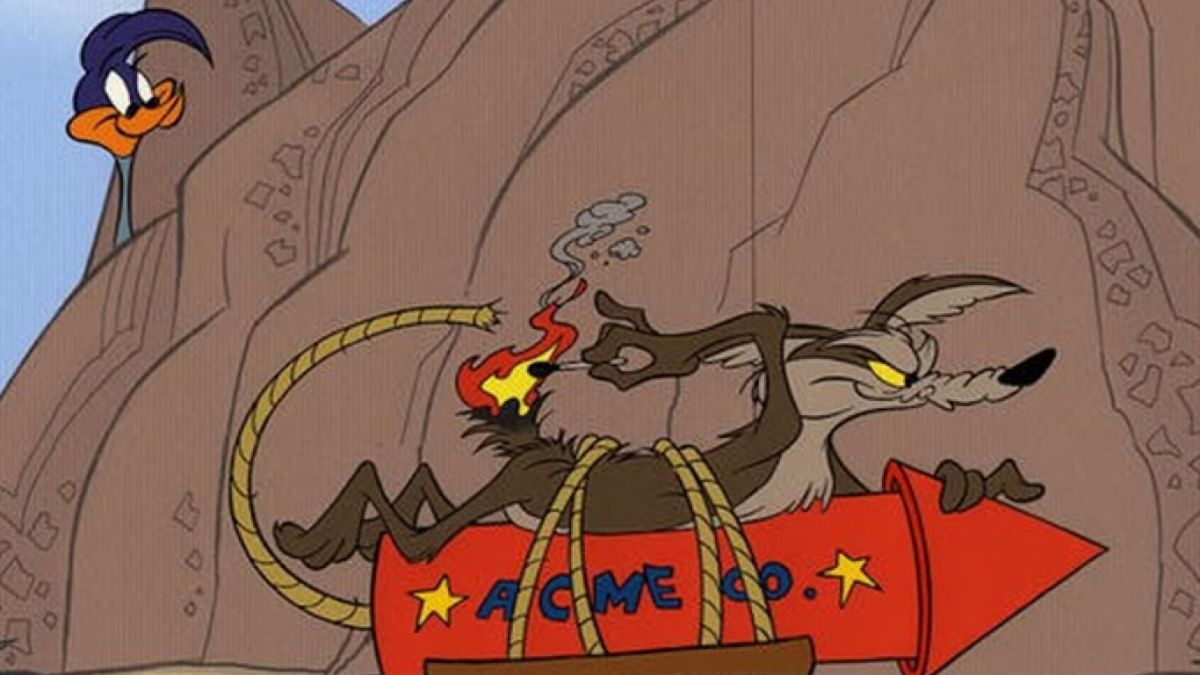As media companies deal with a post-pandemic world, where streaming platforms have become key to success while simultaneously becoming expensive to maintain, a lot is changing in the way studios produce movies and television. We’ve seen a lot of unexpected moves from studios, including removing original content from streaming platforms, and the total shelving of near-completed projects, preventing them from being seen at all. In the case of WB Discovery and Max, we’ve seen both things happen.
There’s been a lot of heat on WB Discovery chief David Zaslav in recent months following the decision to simply not release Batgirl, Scoob! Holiday Haunt, and most recently Coyote vs. ACME saw the same fate. Movie fans who had been looking forward to these films, or simply those who wanted to see the hard work of the creators come to fruition have lambasted the decision. Maybe it was due to the anger he’s seeing that Zaslav told the New York Times Dealbook Summit (via Yahoo), that what the studio did took courage. He said simply…
We decided that we had to have courage.
It’s certainly an interesting angle to claim that the courageous thing to do was to take movies that were nearly ready to see theaters and put them on a shelf never to be seen. A lot of people are seeing things in quite a different fashion, as it’s being reported that, by not releasing the films, WB Discovery is able to get a tax break. And thus it’s getting a financial benefit by not releasing them.
However, Zaslav fires back at that claim, calling it a “misnomer.” Zaslav claims that rather than getting a financial benefit from not releasing the movies, the studio is simply making the decision to stop spending money on the projects. Specifically money it feels it won’t get back, which is apparently why the decision was courageous. The CEO continued…
We’ve spent the $100 million dollars and if we don’t release it, it’s gone. We don’t have any real benefit from it. The question is, should we take certain of these movies and open them in the theater and spend another $30 or $40 million to promote them? And [the] Warner Bros. team and HBO made a number of decisions. They were hard. But when I look at the health of our company today, we needed to make those decisions. And it took real courage.
It was initially reported that the tax situation prevented WB Discovery from potentially selling Batgirl or the Scoob! sequel elsewhere, but in the case of Coyote vs. ACME, following an outcry, the studio is shopping the project around, so assuming Zaslav is on the level, that the only goal of the cancellations was to stop spending money on projects that were not expected to succeed, it’s at least possible that could happen elsewhere.
